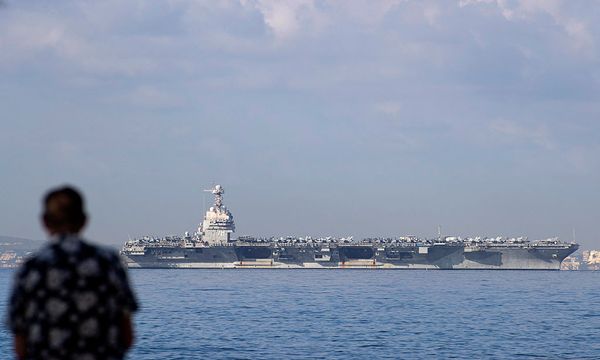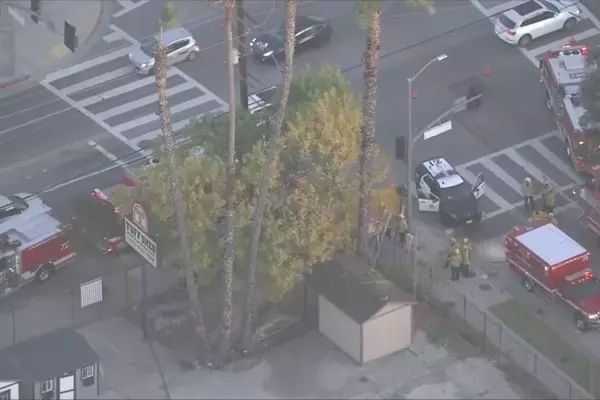KEIR Starmer and Emmanuel Macron have struck a deal they say will prevent people crossing the Channel in small boats.
The “one in, one out” deal will see asylum seekers who arrive in England by small boats sent back to France, while allowing some in France sent to Britain if they have ties to the UK.
The Prime Minister has called the deal “ground-breaking” and insisted it would deter people from making the perilous crossing – but it has drawn sharp criticism from human rights groups who say it is “dehumanising” and will fail to prevent asylum seekers making life-threatening journeys to the UK.
How does the deal work?
People who cross the Channel to Britain will be sent back to France under a pilot of the deal due to begin in the coming weeks, according to Starmer.
Speaking alongside Macron at a press conference, he said: “This is a scheme intended to break the model and to make it clear that if you cross in a small boat, that you’ll end up where you started.”
The flip side of this is that Britain will accept asylum seekers from France who have links with the UK.
Starmer added: “In exchange for every return, a different individual will be allowed to come here via a safe route, controlled and legal, subject to strict security checks and only open to those who have not tried to enter the UK illegally.”
Why is this happening?
Small boat crossings, while only accounting for a third of asylum applications last year, have become an incendiary political issue.
The Conservatives promised to “stop the boats” before they were booted out of office and former home secretary Suella Braverman (below) sparked a ferocious political storm when she referred to the “the invasion on our southern coast”.

Small boat crossings on the Channel are incredibly dangerous and are also a vivid image of increasing levels of migration to the UK, making it a symbol of the issue in the minds of many voters, especially those in the south of England.
Britain has caused instability or interfered militarily with most of the countries which represent the nationalities of 70% of people crossing in small boats between 2018 and 2024: Iran, Afghanistan, Iraq, Albania, Syria and Eritrea.
Those who arrive in Britain by small boat have a better chance of having their asylum applications approved, with an approval rate of 68% versus 57% more generally.
Brexit has also made it harder for Britain to manage immigration, according to Macron, who told the press conference at Northwood House: “Many people in your country [the UK] explained that Brexit would make it possible to fight more effectively against illegal immigration.
“But it’s in fact since Brexit [that] the UK has no migratory agreement with the EU.”
He added: “It creates an incentive to make the crossing, the precise opposite of what Brexit had promised.”







